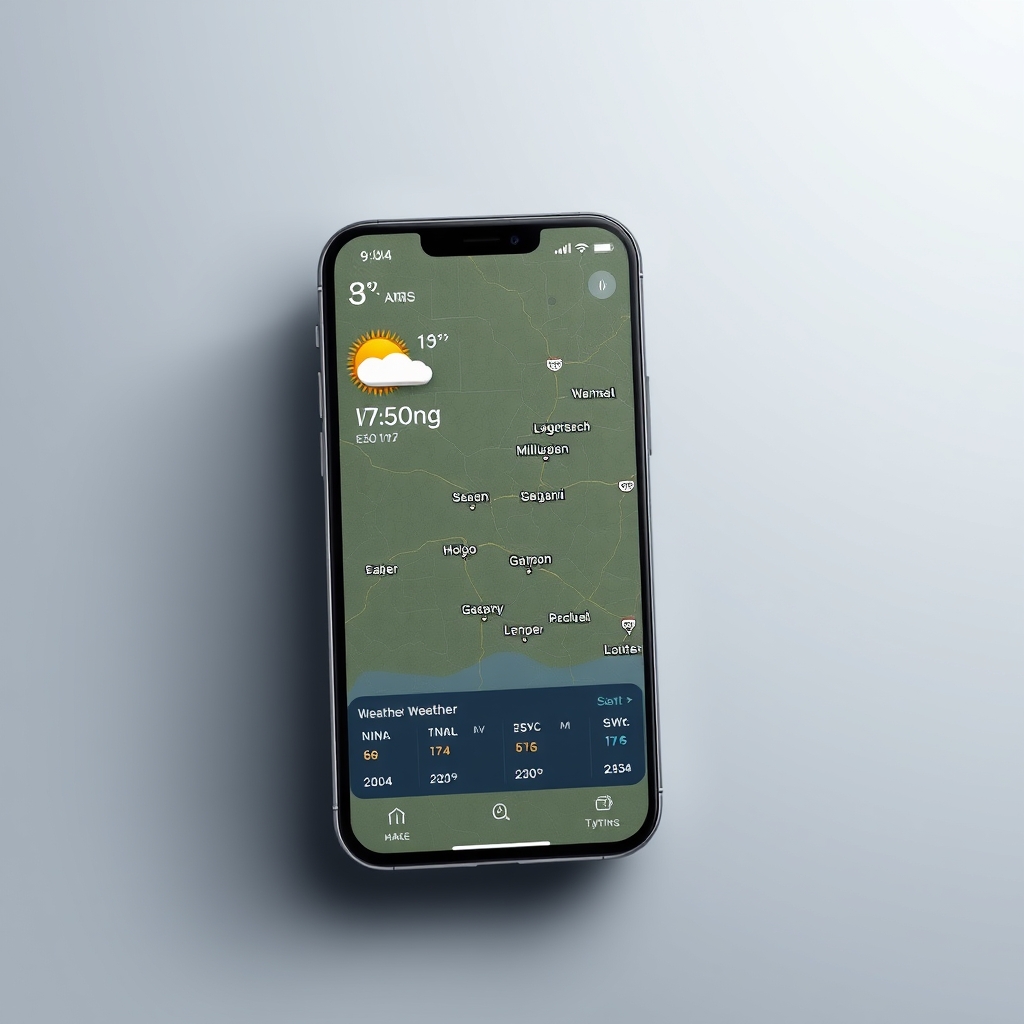Weather API vs Accurate Weather Forecasts by ZIP Code API: Which API is More Effective for Real-Time Weather Data Retrieval?

In the realm of modern application development, real-time weather data retrieval has become a crucial component for various applications, ranging from travel planning to agriculture. Two prominent APIs that facilitate this functionality are the Weather by Zip API and the Accurate Weather Forecasts by ZIP Code API. This blog post delves into a detailed comparison of these two APIs, examining their features, performance, scalability, and suitability for different use cases.
Overview of Both APIs
The Weather by Zip API is designed to provide current weather data for U.S. cities based on their zip codes. It allows developers to easily access essential weather information, making it an excellent choice for applications that require real-time weather updates.
On the other hand, the Accurate Weather Forecasts by ZIP Code API utilizes data from the National Weather Service and other reliable sources to deliver detailed meteorological information. This API is particularly useful for applications that need to provide weather-based recommendations or alerts.
Side-by-Side Feature Comparison
| Feature | Weather by Zip API | Accurate Weather Forecasts by ZIP Code API |
|---|---|---|
| Data Retrieval Method | Current weather data by zip code | Detailed meteorological data by zip code |
| Response Format | JSON | JSON |
| Key Data Points | Temperature, weather conditions, wind speed, humidity | Temperature, weather conditions, wind speed, humidity, sunrise/sunset times |
| Use Cases | Weather portals, mobile apps | Weather alerts, recommendations |
Example Use Cases for Each API
The Weather by Zip API is ideal for applications that require quick access to current weather conditions. For instance, a travel app can use this API to provide users with real-time weather updates for their destination based on the zip code entered.
Conversely, the Accurate Weather Forecasts by ZIP Code API is better suited for applications that need to send weather-based alerts. For example, a gardening app could utilize this API to notify users about upcoming frost conditions based on their zip code, helping them protect their plants.
Performance and Scalability Analysis
Both APIs are designed to handle a significant number of requests, making them suitable for applications with varying traffic levels. The Weather by Zip API boasts a straightforward implementation, allowing developers to quickly integrate it into their applications without extensive setup. Its response times are generally fast, providing users with timely weather updates.
The Accurate Weather Forecasts by ZIP Code API, while also efficient, may involve slightly more complex data processing due to the additional meteorological details it provides. However, this added complexity is often justified by the richer data set, which can enhance user experience in applications that require detailed weather insights.
Pros and Cons of Each API for Real-Time Weather Data Retrieval
Weather by Zip API
Pros:
- Simple and quick access to current weather data.
- Ideal for applications needing real-time updates.
- No limitations on API calls per month.
Cons:
- Limited to current weather data without forecasts.
- Less detailed than some competing APIs.
Accurate Weather Forecasts by ZIP Code API
Pros:
- Provides detailed meteorological data, including forecasts.
- Useful for applications that require weather alerts and recommendations.
Cons:
- Potentially more complex to implement due to the richness of data.
- May have limitations on API calls depending on the plan.
Final Recommendation
When choosing between the Weather by Zip API and the Accurate Weather Forecasts by ZIP Code API, the decision largely depends on the specific needs of your application. If you require quick access to current weather data for a straightforward application, the Weather by Zip API is an excellent choice. However, if your application demands detailed forecasts and the ability to send alerts based on weather conditions, the Accurate Weather Forecasts by ZIP Code API would be more suitable.
In conclusion, both APIs offer valuable features for real-time weather data retrieval, and understanding their strengths and weaknesses will help developers make informed decisions based on their unique use cases.





